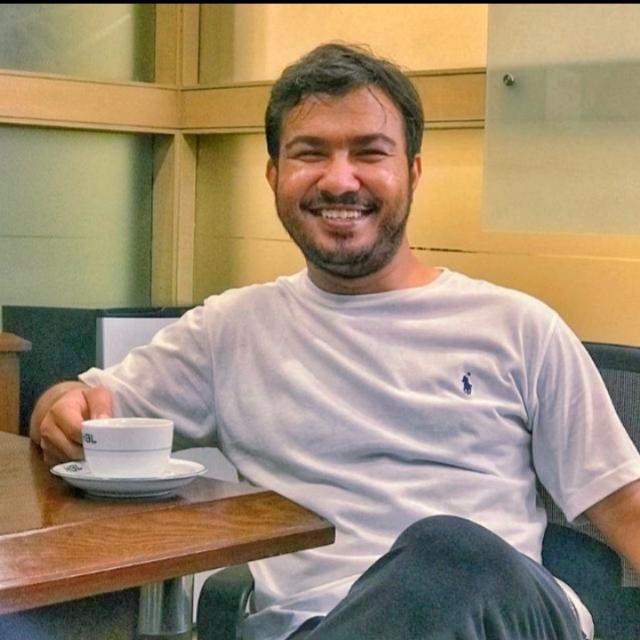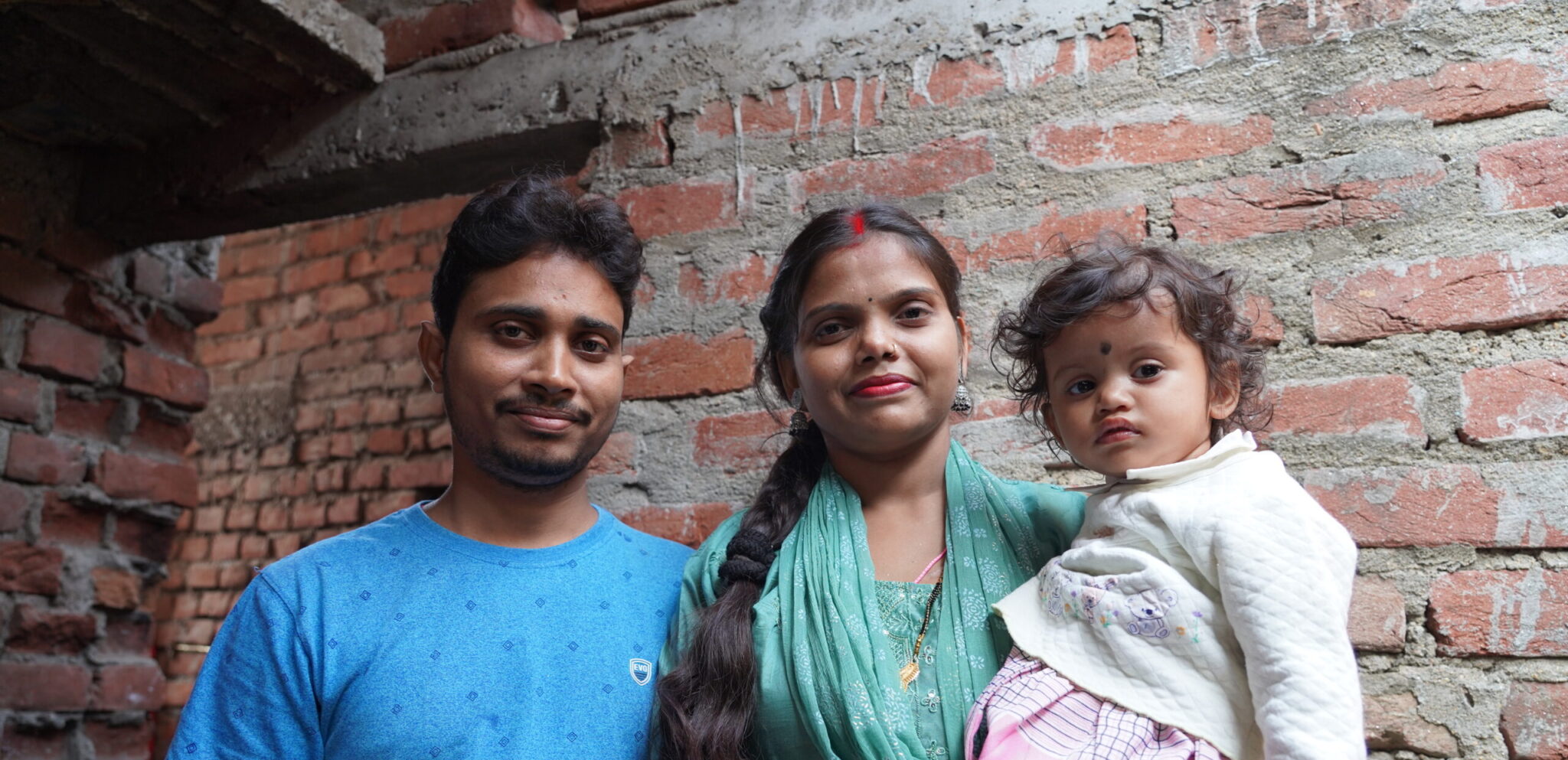Meet Anita and Mithlesh: a duo bringing joy and contraception to married couples across India’s Bihar and Maharashtra states.
When Anita Kumari and her husband Mithlesh first started to visit villages in their communities, they weren’t welcome.
“Initially, when we went to villages,” said Mithlesh, “we weren’t even allowed to enter. They thought we were here to sterilize people. So, we developed a strategy, to communicate with key leaders in the communities. We discussed what we were doing, that we were there to share information and provide family planning options. The leaders listened, and eventually supported our efforts.”
Anita and Mithlesh are Yuvaakaars—young, married couples working with Pathfinder’s Youth Voices for Agency and Access (YUVAA) project. YUVAA combines social entrepreneurship and innovative communication approaches to improve access to contraceptive choices. The initiative works to shift gender and social norms by delivering customized family planning messages to young couples in 10 districts of Bihar and Maharashtra.
Each Yuvaakaar couple has a goal of reaching 600 young married couples in the communities surrounding them. They employ many strategies—from individual counseling sessions, to group meetings, to digital outreach.
This year, YUVAA entered its fifth year, amid continued COVID-19 restrictions.
My wife, she does so much work. She tends to the house and the kids. I thought, let me support her by taking on the family planning! Because family planning is also a kind of work.
Rahul Kumar

Banti and Rahul first met Anita and Mithlesh in 2019. Banti and Rahul were “P1,” or Parity 1—meaning they had one child. They also happened to live in the same village as Anita and Mithlesh.
“When I met them for the first time,” said Anita, “I talked about family planning. Banti and Rahul were eager listeners, and initially bought condoms from me. We also provided baby oil and sanitary wipes for kids.”
Anita and Mithlesh started to visit Banti and Rahul regularly, sometimes two times a month, to provide information and contraceptive options.
“Normally, family planning is a wife’s responsibility,” said Rahul. “This is the common thinking. But with YUVAA, I was able to take the lead. My wife, she does so much work. She tends to the house and the kids. I thought, let me support her by taking on the family planning! Because family planning is also a kind of work.”
“I tell my friends about the things I’ve discussed with Anita and Mithlesh,” said Banti. “Although you can get condoms and pills at the local health facility, YUVAA brings it to us. They bring it to our doorstep. That’s the benefit.”
Banti, a social butterfly, is now also a champion for family planning. She helped Anita and Mithlesh with contacts and references.
“Women were coming to me, new brides, and I talked to them. I got my elder sister-in-law to take up family planning,” she said.
Reaching Individuals, Couples and Communities
Yuvaakaars also work to arrange group sessions, which can create a safer space for conversations and questions to unfold. They are generally divided: Women Yuvaakaars hold space for young women, and the men hold sessions for young men.

In order to conduct these sessions, each Yuvaakaar receives a series of trainings to help them effectively mobilize their target communities, and conduct group training sessions. They also receive field mentoring, and direct one-on-one support, through which they are able to hone their skills.
A Family Decision
The YUVAA program recognizes that family planning decisions are not made by most couples in a bubble—they include family members, particularly mothers-in-law. To help work directly with mothers-in-law and address myths and misconceptions about contraceptives, the project specifically developed a course for Yuvaakaars on negotiation skills.
YUVAA also developed short testimonial videos as a communication tool for Yuvaakaars, illustrating how a mother-in-law’s proactive support can serve as advocacy for family planning.

These tools reached Santosh Kumar and Prianshi Kumari, who were married in early 2020.
“We talked to Yuvaakaars many times,” said Santosh. “We learned about family planning from them.”
For Santosh and Prianshi, family planning is a personal and financial decision.
“I wanted a small family from the beginning,” said Prianshi.
Prianshi is working towards her degree through an online correspondence program.
“For us, YUVAA has been a game changer,” said Santosh. “We received so much more information. I think, ideally, a couple might be married for two or three years, so they can share in life together. They need time to enjoy.”
They both laugh because COVID thwarted their own plans for a honeymoon in Puri, a coastal city in eastern India.
Surji, Prianshi’s mother-in-law, supports their decision. She says good-naturedly, “I have four sons, and I have enough grandchildren! I have four grandsons and four granddaughters. That’s enough.”
Everywhere they go, Mithlesh and Anita bring a sense of joy to their work. Perhaps it’s because they feel grateful that they, too, learned early on about their own family planning options.
“We have a 12-year-old and an 8-year-old, both in school,” said Anita. “We were lucky, and knew about family planning.”
This story is based on work or a project funded by (or in part by) the Bill & Melinda Gates Foundation. The findings and conclusions contained within are those of the authors and do not necessarily reflect positions or policies of the Bill & Melinda Gates Foundation.


